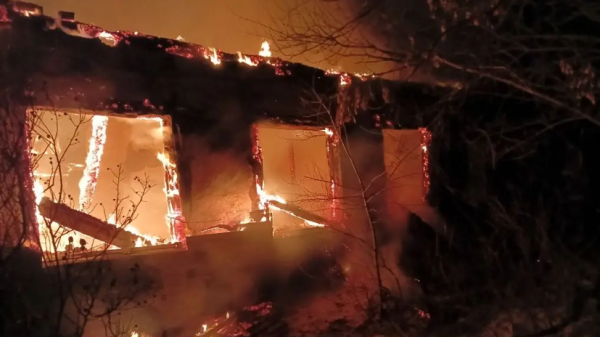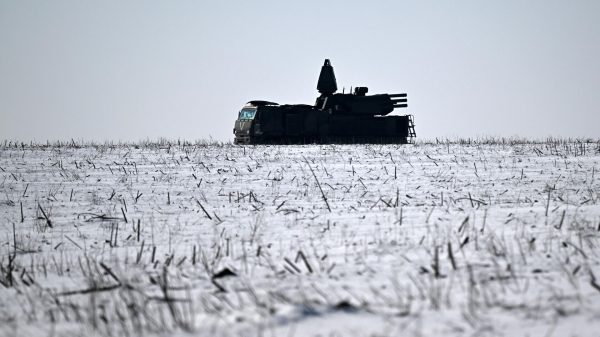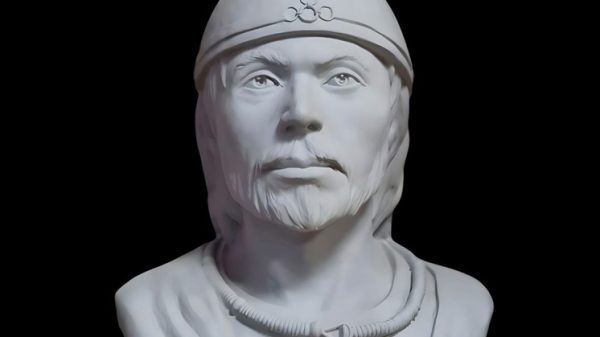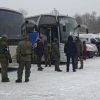
MOSCOW, May 10, Pavel Surkov. Klavdiya Shulzhenko and Leonid Utesov often visited the front — they spoke to the soldiers. The Nazis even declared them enemies of Germany and tried to capture them. Mkhatovka Alexander Ostuzhev, who was already approaching 70, said that no stage triumph could compare with the applause of the fighters. What other singers and actors went to the front line during the Great Patriotic War — in the material .
Among the trenches and on the phone

The artists performed right in the back of a semi-truck in front of those who had been fighting a few hours earlier. They sang to the simple accompaniment of a guitar or accordion. And bouquets of modest field daisies were more valuable to them than luxurious armfuls of flowers given in peacetime.
There were front-line brigades in the First World War, but in the Great Patriotic War this tradition became widespread. Actors, singers, circus acrobats, magicians and animal trainers came to the front line. Sometimes there was no time to put on makeup or change into a concert dress. For signalmen who could not move away from the devices, they sometimes sang on the phone.
The puppet theater was also incredibly popular. Sergei Obraztsov recalled that at the front they played the play “Aladdin’s Magic Lamp” almost a hundred times in front of the Red Army soldiers: adult soldiers rejoiced like children at the adventures of the oriental thief and his faithful genie, the good old fairy tale gave the soldiers strength and joy.
New reprises and feats

The legendary clown Karandash, Mikhail Rumyantsev, brought new comic reprises from the front. Here he listens to the heart-rending barking of the trained dog Blob and reports that “the speech of Propaganda Minister Goebbels is over.” Or he climbs into a wooden tank, and then falls out of there, all bandaged and with a crutch, commenting: “So the Krauts went to Moscow… and back.” Sometimes the artist returned from the front line and that same evening entered the circus arena to make the rear workers and family members of the soldiers laugh.
The famous rider Mikhail Tuganov once even accomplished a feat: together with his comrades he hid under the bellies of horses, as he had done many times in the arena, and got close to the fascist positions. The Germans thought that horses without riders were galloping toward them and were not prepared for an unexpected attack.
< br />

< br />
Well, Utesov or Shulzhenko always made a splash. Leonid Osipovich even took his orchestra with him, so it turned out to be a full-fledged concert. He sang, made conferences, exchanged jokes with the fighters, and told anecdotes. The famous “The sea stretches wide” certainly sounded. And then the victorious song of the liberating warrior appeared: “They walked through the whole city — and they read the name of the last street.”
Concert under fire

Ruslanova once did not leave the stage for four hours straight. The concert began under fire, but as soon as Lydia Andreevna began to sing, the gunfire died down. She also came to Berlin, where fighting was still going on. She was called the “guard singer” and was awarded the Order of the Red Star. When the Germans opened fire on the streets of Berlin, the Red Army soldiers shouted to her: “Bend down!” — “Where has it been seen that a Russian song bows to the enemy!” — Ruslanova answered. A few days later, at the Reichstag, she performed “Felt boots” and signed along with the soldiers on one of the columns.
Valentin Kataev wrote: “Here she finished the song. A young fighter comes up to the singer. He says: “You see how grimy we are.” after battle. But you washed us with your song, like a mother washes her children. Thank you. My heart thawed…»
Money for the front
The artists not only performed on the front line, but also gave to the soldiers what they earned in the rear. Lidia Ruslanova spent her fees on two batteries «Katyusha». And the Bolshoi Theater financed an entire squadron of aircraft, it was called «Soviet Artist».
The last concert of the front-line brigades before the official disbandment took place on May 14 at the walls of the Reichstag. Artists arrived from all fronts — some even. arrived on a special flight. It was Victory Day.





















































Свежие комментарии